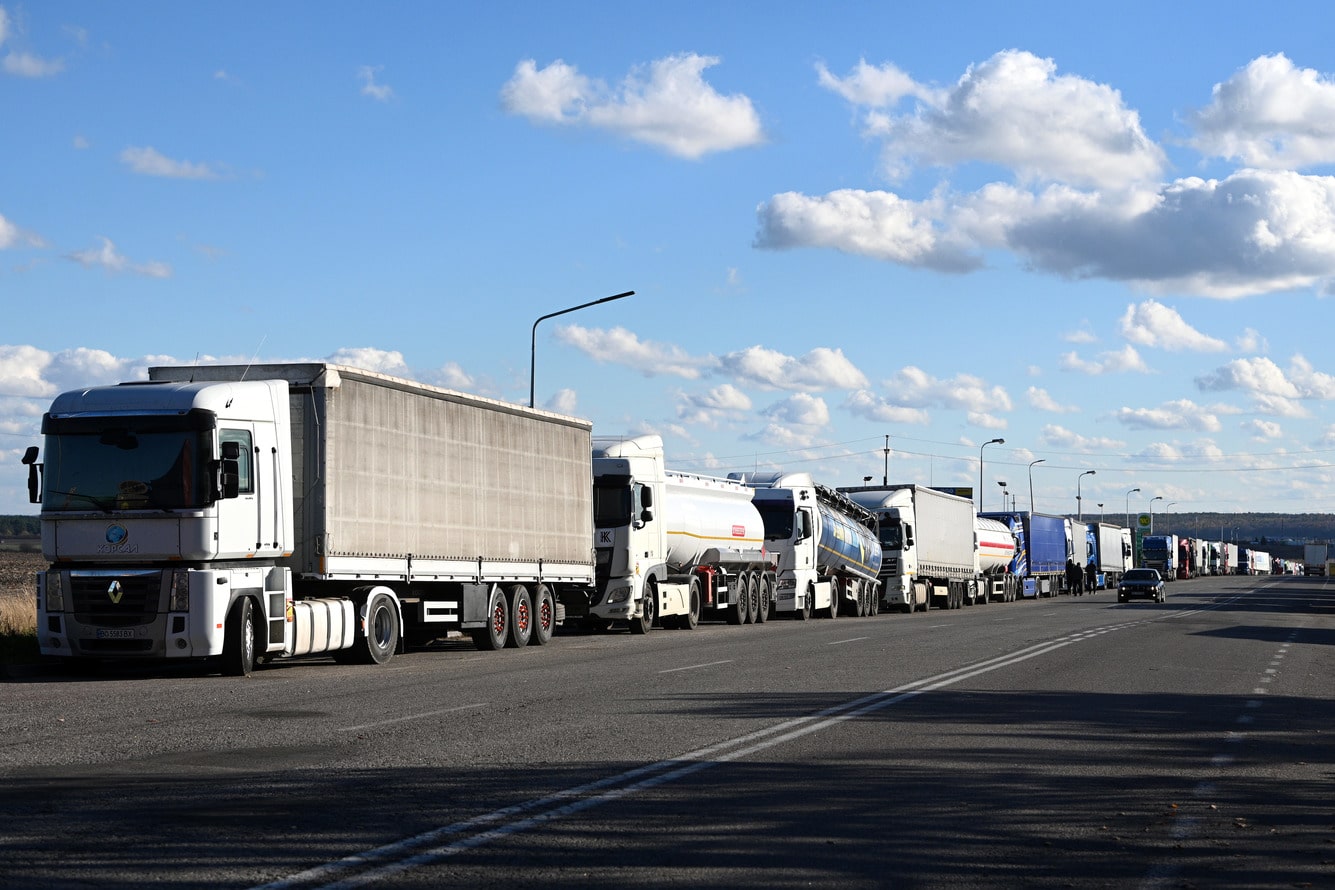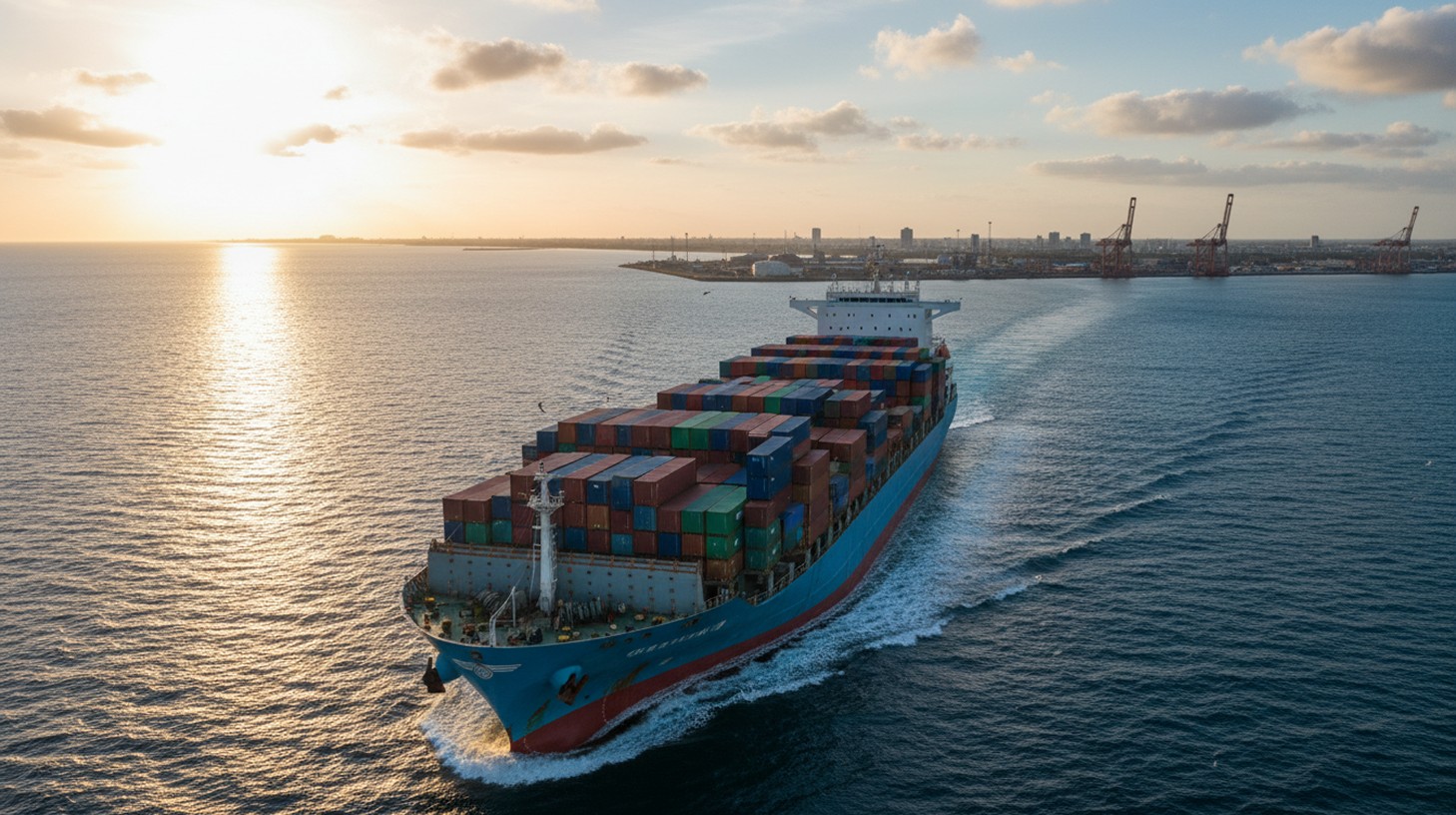Introduction
Polish farmers and carriers have started active protests at the border between Poland and Ukraine since the autumn of 2023. They protest against the temporary measures for liberalisation of trade and road freight transportation between the EU and Ukraine and periodically block the movement of Ukrainian transport at checkpoints on the Polish-Ukrainian border. Meanwhile, in February 2024, the media began to report that in the midst of the protests, unknown assailants had broken railway wagons and scattered Ukrainian grain on the tracks. Ukrainian traders now face the risk of not only missing delivery deadlines but also experiencing shortages and a decline in the quality of goods.
Most contracts for the international sale and purchase of grain and oilseeds are governed by English law. The delivery time, quantity, condition, and quality of the goods are essential terms of the contract: a breach allows the buyer to terminate the contract and claim damages.
Force majeure and the doctrine of frustration are widely discussed as a potential defence for the sellers. This article will examine the threshold for satisfying applicable legal tests. Sellers whose shipments cross the Ukrainian-Polish border must take into account that it is exceptionally high.
General observations
Sellers always bear the commercial risk of meeting delivery deadlines. The risk of loss or damage during carriage is rarely discussed. Instead, the parties refer to Incoterms in their contract.
If the parties have agreed to deliver on FCA or CPT terms, the risk passes to the buyer when the goods are loaded onto the railway wagons. In all other cases, the seller remains responsible for the goods throughout the entire carriage.
Since Poland has banned the import of Ukrainian grain, such cargoes are transited through Poland to other countries on DAP/DAT terms. In most cases, however, the grain is being transported to European ports for onward carriage on CIF and FOB terms. Accordingly, everything that happens to the goods in transit before they are loaded onto the ship is the responsibility of the seller.
Force Majeure
For clarification on the list of force majeure events, their effect on the contract and the seller’s actions in the event of force majeure during the performance of GAFTA and FOSFA contracts, please refer to our recent article (insert relevant link).
In summary, under English law, force majeure is only applicable to events that the parties have specifically defined as force majeure in their contract. Force majeure does not provide a seller with universal indulgence from their obligations. Rather, it is a temporary suspension of the contract, allowing the parties to rescind the contract if performance is still impossible after a certain period of time.
Blockage of roads or railways, as well as the unlawful removal of goods from vehicles, are not explicitly included in the force majeure events listed in the GAFTA and FOSFA pro forma contracts. However, these events may fall under the definition of an “unforeseeable and unavoidable event that prevents transportation”.
The obvious advantage for Ukrainian sellers is that this definition is broad enough to include completely different events that may occur at the Polish-Ukrainian border and negatively affect Ukrainian shipments.
Nevertheless, to benefit from the force majeure clause, the seller must demonstrate that the event (i) was unforeseeable and unavoidable, and (ii) prevented the possibility to deliver the goods.
If the media actively warned about protest dates or checkpoints to be blocked, it would be difficult to prove the sellers could not foresee the adverse consequences for Ukrainian cargo.
In Trade & Transport Inc. v. lino Kaiun Kaisha Ltd (The Angelia) [1972] 2 Lloyd's Rep. 154; [1973] 1 W.L.R. 210 the sellers undertook to deliver the phosphate on FOB terms by loading it on a ship at the port of Eilat in Israel for onward transportation to Japan. Due to a road transport strike in Israel, they were unable to deliver the goods to the port of shipment within the agreed time. The court concluded that the seller could not be exempted from liability for non-performance of the contract because (a) the strikes had already taken place and would inevitably affect the contract; (b) the parties, or at least the seller, were aware of the strikes at the time the contract was concluded.
If, however, the parties entered into the contract during the period between protests when traffic was free, the chances of traffic blockage during the relevant period will be evaluated. If a high chance of the incidents remained, the arbitrators may consider that the sellers have accepted these risks.
The outcome may be different if protests not only result in the vehicle being idle, but also in the spoilage or damage of goods. However, as soon as such episodes become widespread, sellers will obviously be able to anticipate them.
In any event, the crucial factor to prove is the imminence of force majeure. The seller needs to demonstrate that they had no means to avoid or minimize the events of force majeure. A mere statement of shipment being blocked at the border and inability to deliver the goods on time is not enough. The seller needs to show that there was no other reasonable and practical way to fulfil the contract.
The terms of a shipment can have a significant impact. For instance, if the goods were intended for delivery at a Polish port, it is clear that it would be necessary to transport them across the Polish border. If the goods were destined for another country, a prudent supplier might have considered the risks involved and opted for a safer route that goes through other countries.
Even if nothing could have been foreseen and done in advance to avoid force majeure, the seller must use the extra time granted by the force majeure clause and take all possible measures to fulfil the contract.
The seller is expected to either redirect the transportation through an alternative route or purchase an equivalent amount of goods to replace the quantity held up at the border. Due to a logistical crisis caused by the war in Ukraine, the amount of Ukrainian grain available in Europe is limited; and a new supply from Ukraine could be more expensive and take longer to arrive.
However, to relieve the seller of liability for non-performance, it is important to show that even with this extra time, performance has still been impossible rather than just made more difficult or less profitable.
Frustration
If the contract does not have a force majeure clause or if the event does not fall under the agreed definition of force majeure, the seller may try to invoke frustration.
Unlike force majeure, frustration does not extend the time for performance under the contract. The contract terminates automatically for both parties, immediately and without further action.
The threshold of proof for the application of this doctrine is higher than that of force majeure. Whereas force majeure involves temporary obstacles to the delivery of goods (for which the seller is given additional time to perform), frustration requires proving that circumstances have changed to such an extent that they:
- make a performance of the contract physically or legally impossible or
- radically alter the parties’ original obligations.
An example of frustration would be the destruction of goods intended for the contract. Pursuant to Article 7 of the Sale of Goods Act 1979, where there is an agreement to sell specific goods and subsequently the goods, without any fault on the part of the seller or buyer, perish before the risk passes to the buyer, the agreement is avoided.
Although the law does not offer an exact definition of frustration, it may be argued that goods are frustrated if they are completely destroyed or made unsuitable for the purposes of the contract due to the spilling of grain from a wagon or truck (for example, they must be disposed or no longer be fit for human consumption).
If the seller had enough time left after the event to deliver the required amount of grain, frustration would not have occurred. It is not enough for the contract to be more difficult or expensive to perform.
For example, in Tsakiroglou & Co Ltd v Noblee Thorl GmbH [1962] A.C. 93 the seller frustrated a shipment from Port Sudan to Hamburg because of the closure of the Suez Canal. The court found that there was no frustration because there was an alternative that was reasonable and feasible, albeit more expensive, namely the route around the Cape of Good Hope, which was fundamentally the same as transport through the canal.
Conclusion
English law has a strict stance regarding the failure to fulfil contractual obligations. Force majeure clauses are narrowly interpreted, and frustration has the highest threshold of proof. The successful application will always depend on the circumstances of the particular case. Nevertheless, general guidance to sellers may be as follows:
- Agree on the legal consequences for specific event at the Polish-Ukrainian border in the contract;
- Monitor the situation at the border to be able to change the transport route, if necessary;
- Refrain from hastily terminating the contract if there are obstacles to the delivery;
- Ensure that you send timely notices to the buyer, using language that is clear and concise;
- Collect all evidence of the event and its effect on the fulfilment of the contract;
- Take all possible steps to perform the contract despite the event; or
- Gather evidence to demonstrate that it is impossible to fulfil the obligations under the contract.






